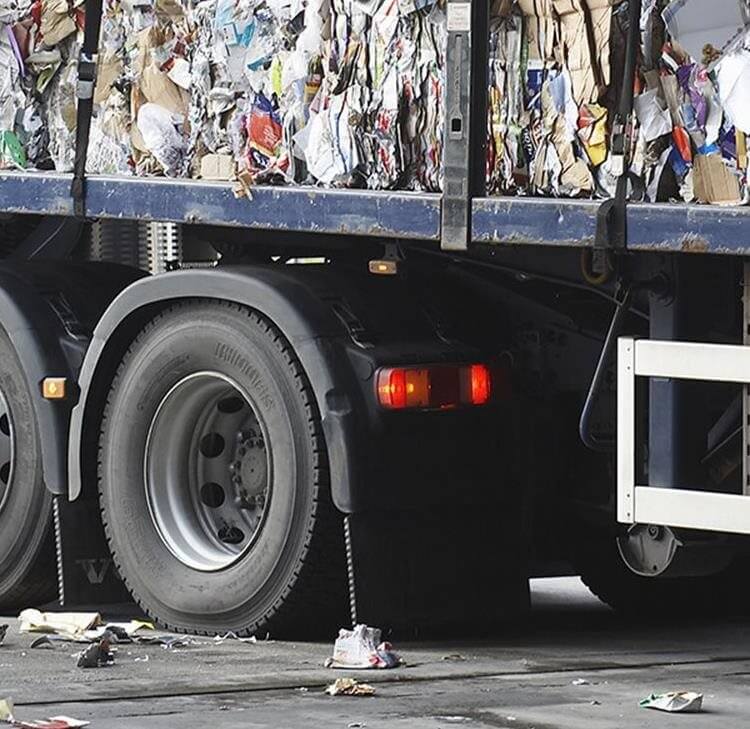Company dividends – possible legal reforms?
Commercial companies are well-versed in the legal considerations and processes involved in the declaration and payment of dividends to their shareholders – typically going through the required steps once or twice year.
Commercial companies are well-versed in the legal considerations and processes involved in the declaration and payment of dividends to their shareholders – typically going through the required steps once or twice year. However, over recent months there have been signs that wholesale changes to the UK dividend regime might be on the horizon.
The recent Court of Appeal case of BTI 2014 LLC v Sequana SA and others [2019] EWCA Civ 112 (the Sequana case) has been a key talking point for corporate and insolvency lawyers (although at the time of writing it is not clear whether the decision will be appealed). The Sequana case held that it is legally possible for a dividend to be lawful under UK company law and yet also capable of being a transaction defrauding creditors under the Insolvency Act 1986. The Sequana case also gave guidance about how ‘insolvent’ a company must be for the duties of a board of directors to switch from being owed to its shareholders to being owed to its creditors.
The Sequana case seems indicative of an increasing trend of looking outside of Part 23 of the Companies Act 2006 for ways to overturn a previously declared dividend. Historically, unlawful dividend arguments tended to hinge on a company having inadequate distributable reserves or breaching a technical requirement of company law, such as the requirement to prepare (and, in the case of public companies, to file) interim accounts in certain circumstances. Given that the government has also indicated (as part of recent consultations) that it is considering an overhaul of the dividend regime in the near future commentators are suggesting that there perhaps seems to be a direction of travel towards a solvency based dividend regime rather than one based on distributable reserves.
This view has been supported by a recent BEIS Committee publication on "The Future of Audit - Nineteenth Report of Session 2017-19" which also contains some interesting commentary on dividends. This publication states that:
- Auditors should be prepared to challenge management on their accounting of realised profits and distributable reserves
- Government and the Financial Reporting Council should urgently produce a clear, simple and prudent definition of what counts as realised profits for the purpose of distributions – and the report supports defining realised profits as realised in cash or near cash
- Companies should be required to disclose the balance of distributable reserves in their annual accounts and break down profits between realised and unrealised
- Government should adopt a complementary solvency-based system in which directors must state that dividend payments will not make the company insolvent or create cash flow problems. This would complement a revised capital maintenance regime that the report recommends.
Changes therefore appear to be in the pipeline. Watch this space to see how things develop.
Contact

Emma Grant
Knowledge Director
emma.grant@brownejacobson.com
+44 (0)115 934 2043








































